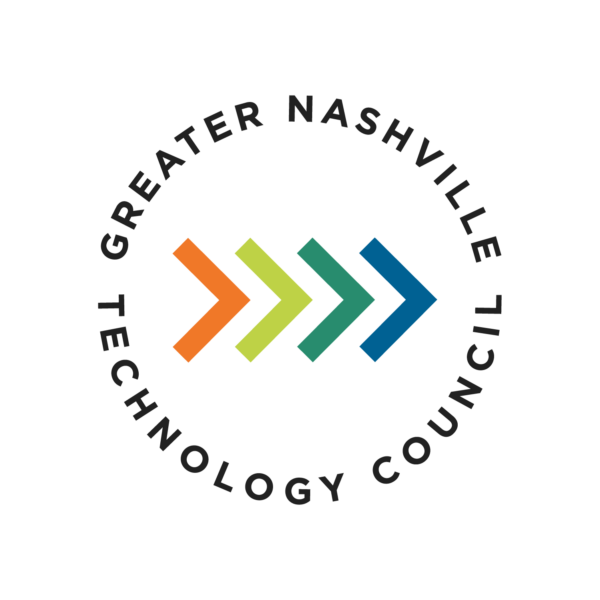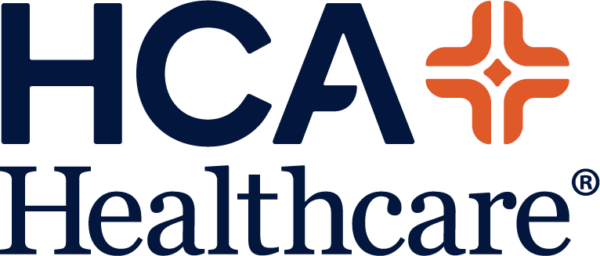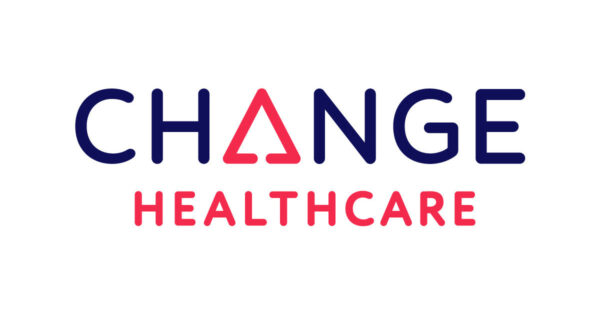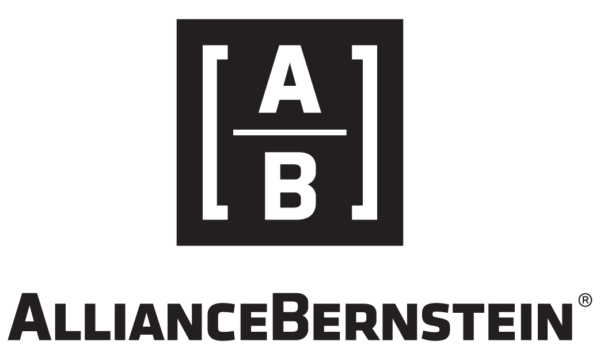Belmont University will spend more than $60 million over the next five years to expose students across all majors to data science, in a new effort to meet rising demand for tech skills and bolster the Christian school’s profile in the community.
The Belmont Data Collaborative is among the first priorities university president L. Gregory Jones has unveiled in his brief tenure. Its creation comes as major tech employers such as Amazon.com Inc. (Nasdaq: AMZN) and Oracle Corp. (NYSE: ORCL) target thousands of jobs to Nashville and amid the Greater Nashville Technology Council’s campaign to double the region’s tech workforce by 2025. The advent of the data program also aligns with Belmont’s new Thomas F. Frist Jr. College of Medicine, a field rich with the kind of data that could feed into Belmont’s new initiative.
Jones recruited a longtime local leader in tech education to run the program: Charlie Apigian, who had been at Middle Tennessee State University for 19 years and founded its Data Science Institute. MTSU also now offers a bachelor’s or graduate certificate in data science. Similar Belmont degree programs could stem from the work Apigian will be doing in the years ahead.
“Our business community knows they’re struggling to find the tech talent and the talent that has the skills in data science, information systems, computer science. Anyone who can think differently about data is going to be an attractive hire,” Apigian said in an interview.
“The greatest need isn’t for the next cohort of data scientists. It’s for data-driven problem solvers in every field,” he said. “It’s a mission of ours not only to create data scientists, but give data skills to every possible major at Belmont.”
Much of the $60 million will go toward hiring faculty and staff as well as creating a home for the program, which would occupy one-third to half of a forthcoming building about 125,000 square feet in size, Jones said.
He hopes the building will open by summer 2023, offering a coworking setting for activities that could include students working on real-world problems faced by area businesses or nonprofits. (One example: While at MTSU, Apigian’s students analyzed four years of donation data from Second Harvest Food Bank of Middle Tennessee to streamline the layout and operation of its warehouses).
“We think this could become a really significant piece of Belmont’s commitment to the Nashville community and the greater Middle Tennessee area,” Jones said in an interview. “Data increasingly plays a significant role in any vocation. It’s catalytic for all the work done in our colleges and really crucial to the future of work.”
Eyes and ears: Belmont sought advice from many when creating the collaborative, including its own deans, faculty and technology officers. The university worked with Tod Fetherling, founder and chief data scientist at Franklin-based Perception Health and John Liu, founder and CEO of Brentwood-based Intelluron Corp. Belmont also sought counsel from its business systems and analytics advisory board, which includes representatives from Amazon, HCA Healthcare Inc., Tractor Supply Co., AllianceBernstein, The Mechanical Licensing Collective, Cat Financial, HealthTrust, Schneider Electric, Nissan North America and other companies.
A distinct wrinkle: In its announcement, Belmont highlighted part of the Data Collaborative’s mission — “integrating data fluency with moral, ethical and social responsibility” with a goal to “bring an ethical compass to data use.”
Apigian explained it this way: “When you’re doing data science, you’re basing decision on previous history. When your data from the past is biased because of the norms at that time, if you’re making predictions with that data, now you’re making biased decisions with that data.”
He added: “Data science and technology has moved way too quick for people to be able to even think of that stuff right now. We’re at that perfect time where we can help companies take that step back and say, ‘How can we be good stewards for our data?’ Maybe we can be a hub for sharing data publicly for the public good.”
Belmont will place a particular focus on fostering more women and minorities to explore data science and tech. The new Data Collaborative is sponsoring an Aug. 31 seminar co-hosted by the Nashville chapter of the Blacks In Technology Foundation and Women in Technology Tennessee.
Read the Full, Original Article Now.









